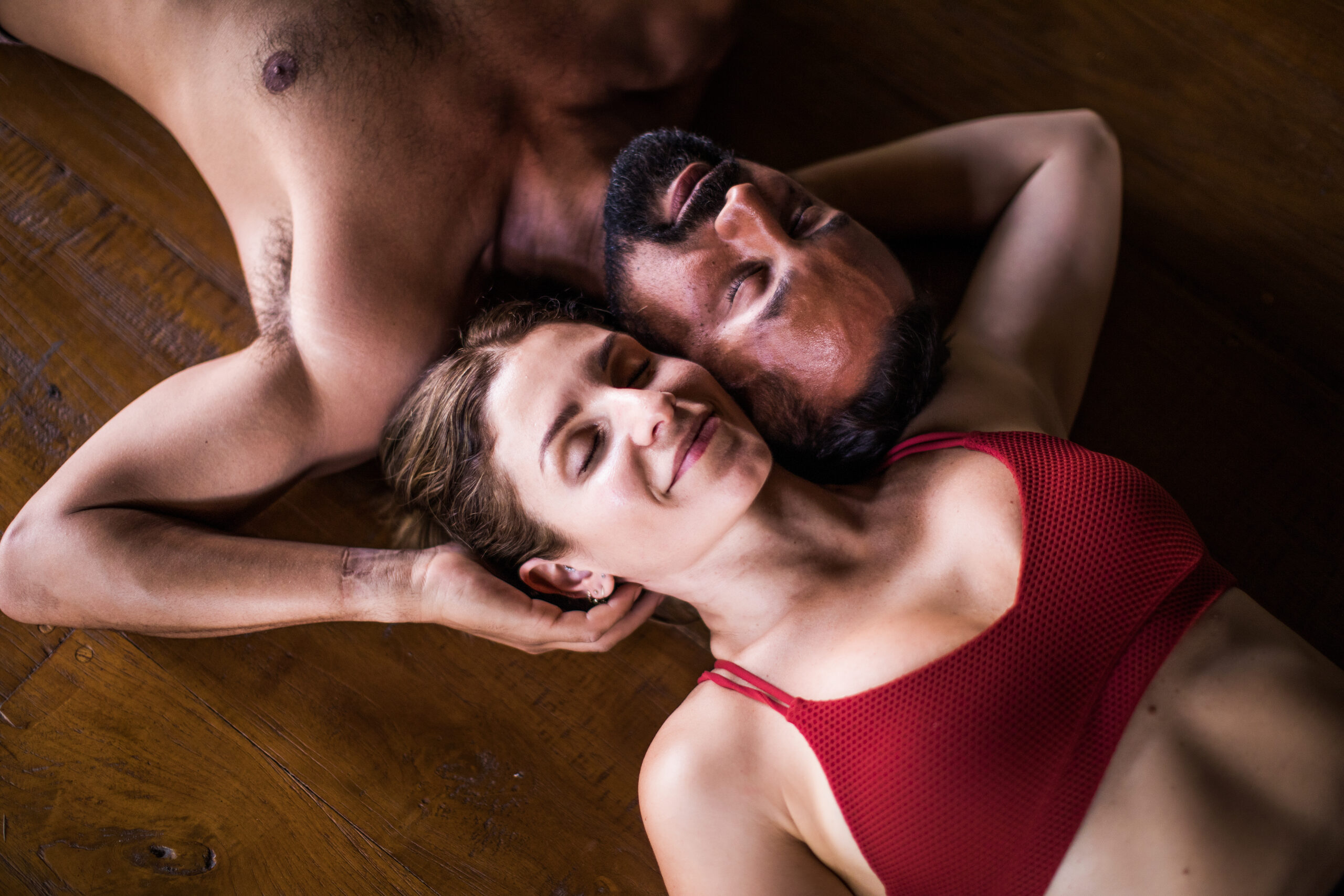- Your relationship to yourself. Self-care practices, how you speak to and about yourself. Boundaries, connecting to your needs, learning how to meet them and express them to others. Overcoming self-doubt, criticism and other negative, destructive behaviours. Accepting, celebrating and loving yourself for the unique, brave, beautiful soul that you are.
- Understanding your past and the strategies you developed in order to feel safe and connected to others. Understanding how these strategies are impacting your present life and how to become your most authentic self in relationships. For example: if your family of origin rewarded you for being good, responsible and co-operative, you may have developed a strategy of people-pleasing. As as adult this can look like going along with things that don’t feel right because you don’t want to rock the boat or appear needy. In relationships this can feel create resentment and a sense of self-abandonment.
- Conflict. How to embrace conflict as an opportunity to understand yourself and your partner better. How to speak and listen in a way that promotes peace, respect and collaboration. A great relationship coach will help you change the way you see and feel about conflict so you approach it with more confidence and less anxiety.
- Slowing down, becoming present and more aware of what’s happening inside you. This is helpful in relationships because it allows you to respond to situations more creatively and lovingly rather than reacting unconsciously.
- A great relationship coach will teach you what a healthy, safe, secure, mutual relationship looks and feels like. They will help you get clear about what exactly you want in your most important relationships and show you how to get it.

What a Relationship Coach Can Help You With
START HERE
I'd love to meet you, hear your story and hear about what you want from life. I believe anything is possible with the right mindset, skills and support. As your coach, I'm here to teach what I know and watch you grow!
Let's change that!
Are you struggling in your marriage, parenting or self-care?
POWERFUL JOURNAL PROMPTS TO REFRESH YOUR RELATIONSHIPS
Free Workbook
Sign up for access to the workbook as well as weekly love notes sent straight to your inbox!